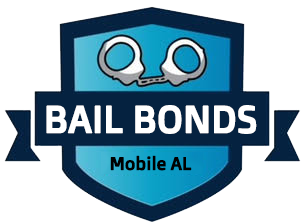
We would do anything for our loved ones so when a friend or family member gets arrested and asks for help, of course, we are quick to come to the rescue. However, when bailing someone out or co-signing for the use of a bail bondsman, it can be a bit more complicated than just quickly getting them released because as a co-signer or indemnitor, you will be taking on the responsibility of making sure they show back up to court or potentially face financial consequences. Here are just some of the reasons why it’s important to understand what it means to be an indemnitor.
You are on the line to make sure that your loved one shows to court.
The point of a bail bond is that it is assurance to the courts that if the defendant is released for jail that they will come back for their scheduled court hearing at a later date. Then in turn the services of a bail bondsman is to front the money with little money down from the defendant. The bail bondsman however can only take the risk of fronting if they know that they won’t lose significant amounts of money on someone who will flee which is why many contracts have indemnitors who will take financial responsibility if the defendant tries to. Because of this, it is incredibly important that the indemnitor has full trust that the defendant will show.
You have to pay for any recovery solutions on top of the bond
When you co-sign for a loved one and they flee it means that a recovery specialist may need to be obtained to search for and catch the defendant. This means that you as the co-signer will also take on the additional fees of hiring a recovery specialist on top of reimbursing for the bond. Of course the bail bondsman will work with you and ask for any information before having to go this route but in the end the money will have to be recouped if all other avenues are exhausted.
If you co-sign to release someone but feel you made a mistake, you can change your mind.
After you sign a contract to have someone released, if you become worried that they may run, you are within your rights to contact the bail bondsman and see about revoking the bond. If this were to occur, the defendant will be brought back into custody and will remain until their scheduled court date and the bond you signed on will no longer be vaid. This of course is never an easy option but sometimes it can be necessary to protect yourself and sometimes the defendant as well.
To sum up, we all want to do everything we can to be there for the ones we love, but it is also important to protect yourself from being put into a stressful and very possibly expensive situation if for any reason they break your trust. For most it will be no issue but signing as an indemnitor is a big responsibility that shouldn’t be taken lightly.



